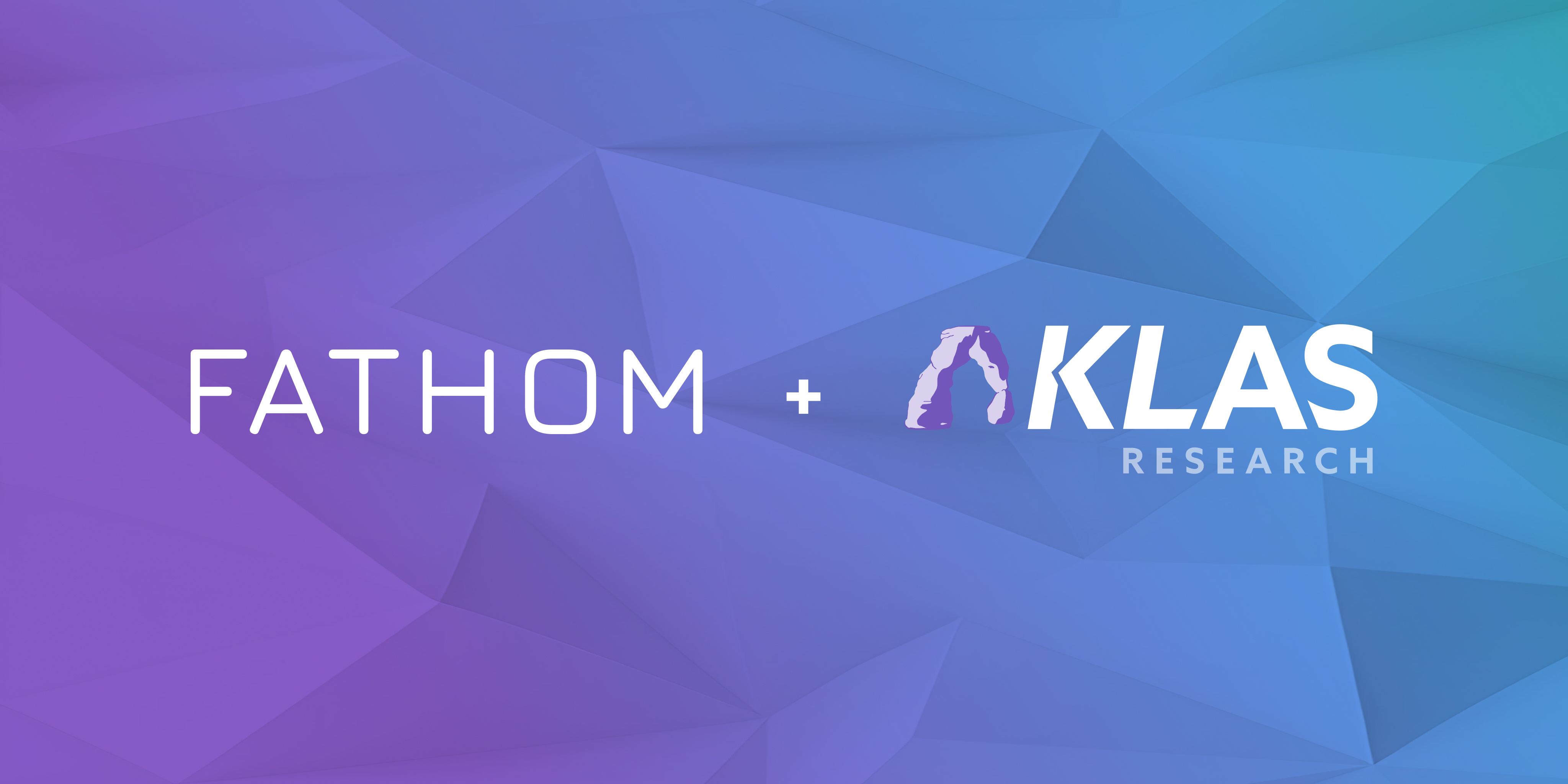Growing with Fathom: Yulia Wang

From time to time, Fathom invites team members to reflect on their journey with Fathom. In this blog, Yulia Wang, Software Engineer, shares the story of her experience at Fathom and her journey from biostatistics to AI.
I've always been drawn to numbers and logic. In high school, math and physics were my favorite subjects, which led me to study statistics in college. To me, analyzing data and deriving meaningful conclusions are like solving real-world puzzles.
During my studies, I realized statistics needed a concrete application to truly shine. Healthcare caught my eye because (1) it's something everyone needs and (2) it's always in demand, regardless of economic conditions. That's how I ended up pursuing biostatistics for my graduate studies.
Diving into research
During grad school at Georgetown, I worked on some fascinating data projects. One in particular stands out: using deep learning to predict compounds from mass spectrum data. It was definitely challenging, but tackling it sparked my interest in machine learning and gave me the confidence to attempt more complex programming tasks.
After completing my studies, I spent some time as a Research Specialist at the Ressom Lab in the Lombardi Comprehensive Cancer Center. It was rewarding work, but I wanted to see how the initiatives I was working on could be applied in the real world, especially in healthcare.
That's when Fathom entered the picture.
From theory to practice at Fathom
Fathom offered exactly what I was looking for: a chance to use my machine learning skills to build AI solutions that could make a tangible difference in healthcare. I did some LinkedIn research (as we all do) and was blown away by the backgrounds of the people working there. The interview process only reinforced my initial impressions – everyone I spoke with was not only incredibly smart but also approachable and easy to talk to.
For me, choosing a job comes down to two things: who I'll be working with and whether I care about the product. Fathom nailed both of these. The people are amazing, and the technology is amazing.
Coming from academia, I had a lot to learn about industry practices. Fortunately, my new colleagues were patient and supportive. In those first few months, I asked countless questions, and everyone was always willing to help. About two years in, I came across some of those early conversations. It was a bit embarrassing, but it also highlighted how much I'd grown! Now, when new team members join, I try to offer them the same patience and support I received. It's all about creating an environment where everyone can thrive and grow.
Many people see academia and industry as completely separate worlds, but they're actually more alike than you might think. Both are fundamentally about solving problems, just with different approaches. Industry typically works on larger projects with immediate real-world applications in mind, while academia focuses more on exploring new ideas and building theoretical foundations.
The great thing is, these two worlds complement each other really well. Industry benefits from the innovative thinking and breakthroughs that come out of academic research, and academia gains valuable insights from seeing how their ideas play out in practical settings. This back-and-forth between theory and practice is what drives progress and innovation in both areas.
Working at Fathom has been an incredible journey. Since I joined, we've expanded rapidly, and it's been fascinating to be part of that growth. The team here is honestly one of the smartest, most talented groups of people I've ever worked with. They're capable of handling anything that comes our way. It's been a rewarding path so far, and I can't wait to see what's next!
Related Posts
Stay up to date
Get the latest in industry news and insights delivered straight to your inbox.







